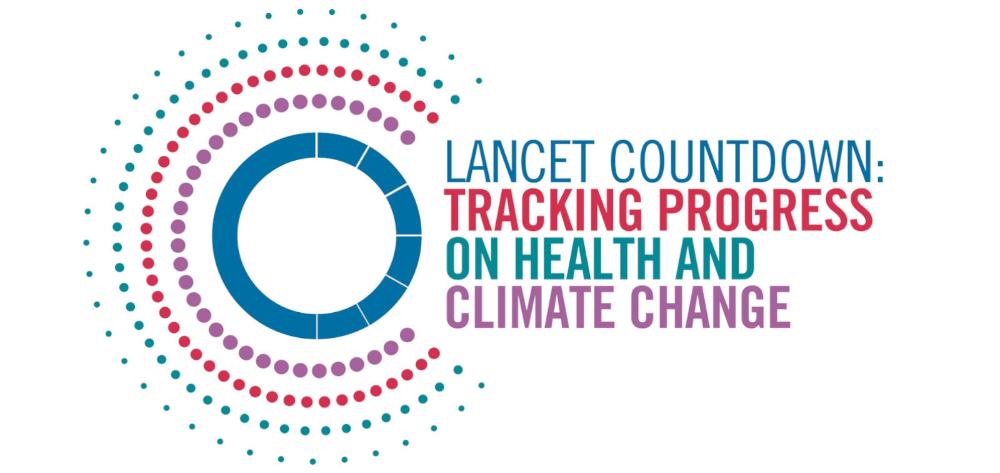The 2024 Lancet Countdown report has revealed alarming health threats linked to climate change, stressing the urgent need for comprehensive global action.
The report was made available to the News Agency of Nigeria (NAN) on Thursday.
Established alongside the Paris Agreement in 2015, the Lancet Countdown monitors health impacts related to climate change.
It indicated that record highs in annual mean surface temperatures and concerning data on heat-related mortality and extreme weather events necessitate immediate responses to these challenges.
The report highlighted that the annual mean surface temperature reached a record high of 1.45°C above pre-industrial levels in 2023, with ongoing trends suggesting further increases in 2024.
These alarming figures, it said, signal the impending threat of breaching the critical 1.5°C target set by global agreements.
“Among the most concerning findings is a 167 per cent increase in heat-related mortality among individuals aged 65 and older since the 1990s.
“Vulnerable populations are disproportionately affected, with extreme heat exposure leading to significant increases in hours spent at risk during outdoor activities and sleep deprivation,” it said.
The report also revealed a troubling rise in extreme weather, with 61 per cent of global land areas experiencing more days of extreme precipitation, increasing the risk of flooding and infectious diseases.
Additionally, the report stated that nearly half of the global land area faced extreme drought conditions in 2023, correlating with a staggering 151 million people experiencing moderate or severe food insecurity.
A new methodology introduced in the report linked extreme heat to mental health outcomes through an analysis of social media sentiment.
It said that this innovative approach demonstrated how rising temperatures impacted psychological well-being, further exacerbating the public health crisis.
It said that the changing climate, coupled with altered land use patterns, had heightened the risk of infectious diseases such as dengue and malaria.
The report indicated that between 2018 and 2022, 3.8 billion people were exposed to dangerously high levels of particulate matter, worsening health risks globally.
The report urged governments and health organisations to take immediate and comprehensive action to mitigate the health impacts of climate change.
It called for significant policy changes, increased funding for health initiatives, and efforts to build community resilience.
In Nigeria, the trends outlined in the report manifest as rising temperatures, extreme weather events, and increasing health risks.
Dr Edwin Edeh of the World Health Organization in Nigeria, stressed the importance of addressing these challenges through targeted public health interventions and community engagement.
Edeh said that the 2024 Lancet Countdown report illustrated the intertwined crises of climate change and public health which demand urgent attention.
He said that collaboration among governments, health organisations, and communities was crucial to safeguarding the health of current and future generations.
“Immediate action is needed to combat the profound health implications of climate change and ensure a healthier planet for all,” he said.
NAN reports that the Lancet is a weekly peer-reviewed general medical journal and one of the oldest of its kind, recognised as one of the world’s highest-impact academic journals.
This year’s report, supported by over 300 researchers and professionals worldwide, presents a stark assessment of the escalating health risks posed by climate change. (NAN)




